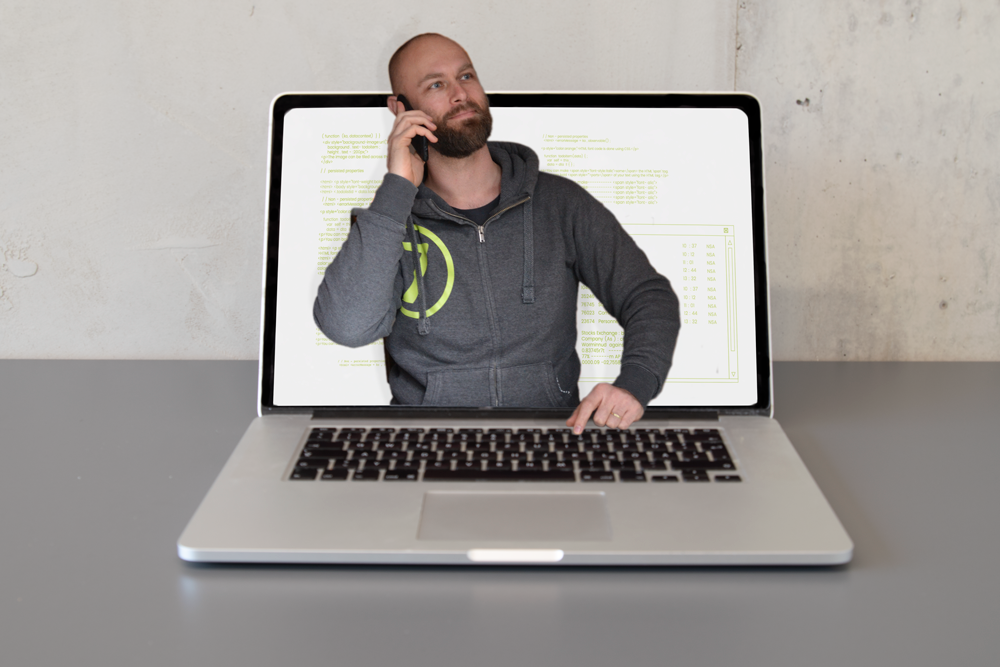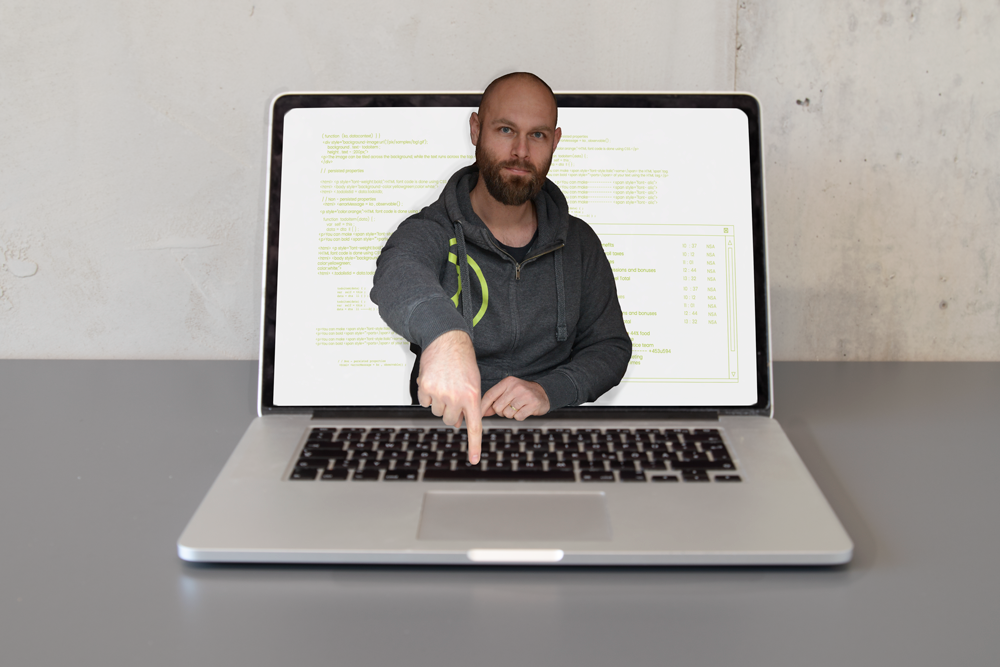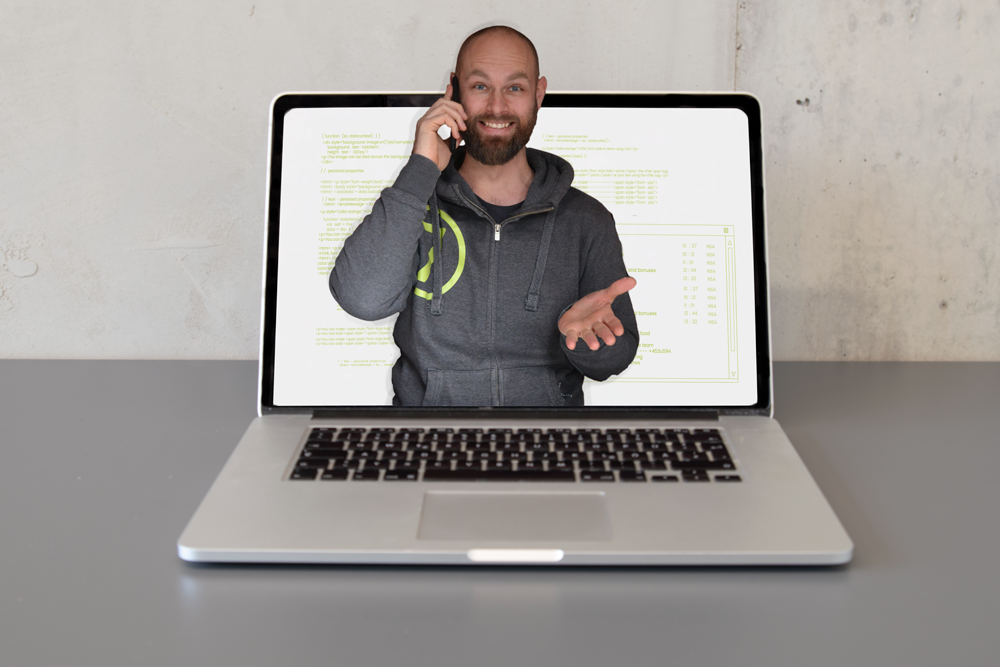Digital technologies are constantly evolving, becoming interlinked and mutually enriching. Digitalization is not simply the analog world translated 1:1 into bits and bytes: as a letter by e-mail, the file as PDF, the record as MP3, the money on the chip, the work schedule as a website. In different speeds it finds its way into companies. This not only makes things digital, but also changes the whole way people work together. It is the rethinking of everything, costs, possibilities, processes, products and concepts. From records to CDs to MP3s and Spotify, from digital maps to navigation systems and real-time traffic analysis to the evaluation of political measures via mobility data,…














